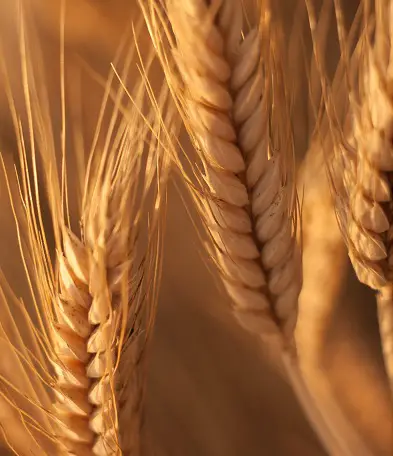Business daily Kommersant is reporting that the Russian Union of Grain Exporters is working with the Bank of Russia to begin selling Russian produce for rubles.
At the regulators meeting with the alliance, Rusgrain, which is responsible for 70% of Russian grain exports, asked that the Bank of Russia provide the liquidity of rubles to foreign banks who serve grain buyers, so they may pay for their grain in rubles.
Current contracts permit all payments to be made in foreign currency, however the political situation surrounding the military activity in Ukraine, and the effects of sanctions designed to limit Russian exports, have made receiving the payments challenging.
Logistics, insurance, and payments for grain have all been impacted by these conditions, according to the Rusgrain Chairman Eduard Zernin, who added that the union had no choice but to turn to the central bank to avoid having supplies be disrupted.
Russia has exported 28.1 million tons of grain, including 23 million tons of wheat, since March 10th. That is a 30% reduction compared to the same period one year prior, according to the Ministry of Agriculture.
The main importers of Russian grain currently are Turkey, Egypt, Iran, and Saudi Arabia. Turkey has reportedly already found success in paying with rubles. It is expected the new scheme will be very useful in facilitating trade with Iran, which has its own sanctions issues.
On Monday, the chairman of the State Duma Vyacheslav Volodin has proposed ruble settlements for other Russian commodities, such as fertilisers, seed oil, crude, coal, metals, wood and grains.
Unspoken of in all of this are the long-term effects of seeing the US dollar cease to be the global currency of trade. As time goes on, and fewer nations need dollars to facilitate these types of financial interactions, it is safe to expect the dollar will lose tremendous value.

